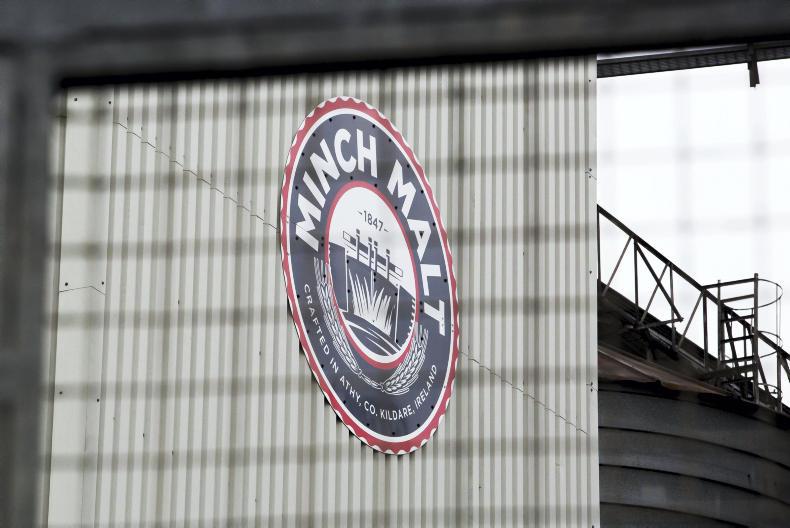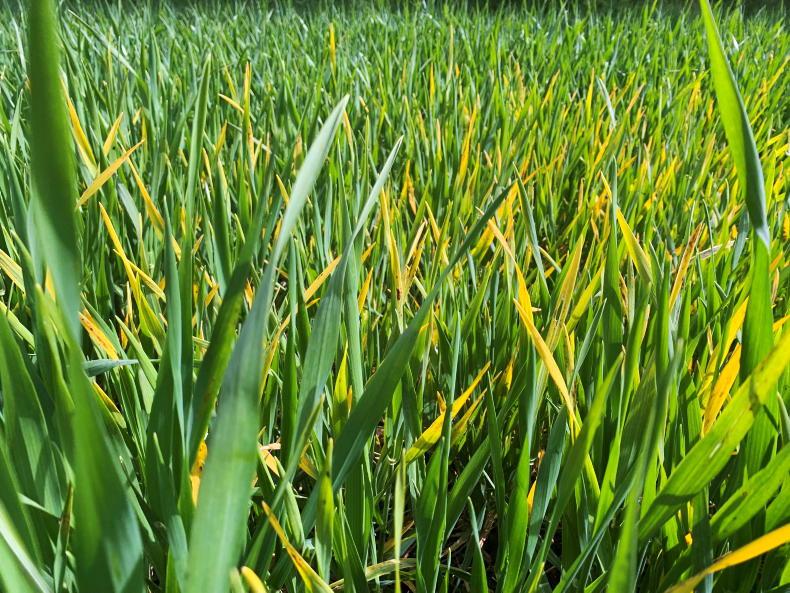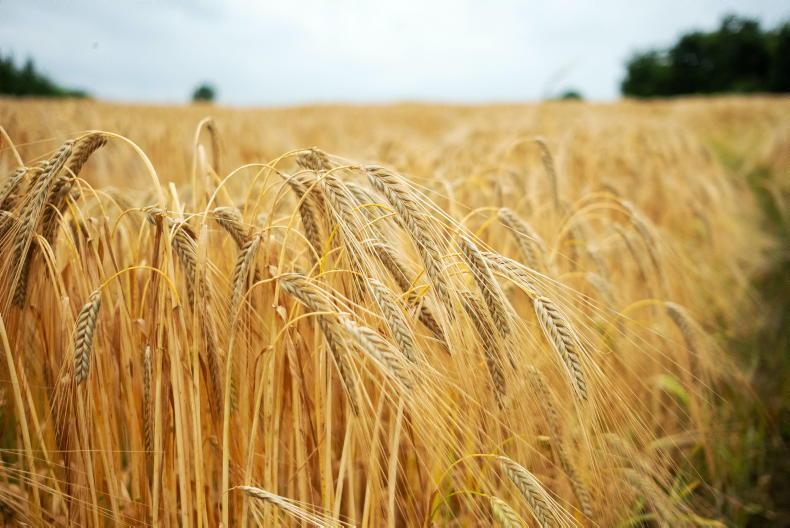Following recent confusion surrounding the malting barley price negotiations, the Irish Farmers Journal met with Boortmalt on Tuesday of this week.
Boortmalt officials believe that the new pricing structure offers better value and transparency to Irish growers.
The new offer uses the European malting barley market pricing index, the FOB Creil (export price at Creil, France), as a reference market which replaces the milling wheat MATIF-based pricing structure.
While there is still no deal reached between the maltster and the IFA, Boortmalt officials indicated that they were close to reaching an agreement.
However, in the absence of an agreement with the IFA, growers can still sign up to the deal offered last month, which is based on an average grain price of the FOB Creil between April and September.
Irish malting barley growers already command a significant premium over their European counterparts, Boortmalt said.
Malting barley is typically sold on the FOB Creil at 14.5% moisture content across Europe. However, in Ireland, malting barley can be sold green up to 20% moisture content.

The new market reference is based off the FOB Creil market.
This 5.5% difference in moisture content is in itself a premium, as Irish growers don’t incur the cost of drying, they stated.
When looking at the market value of malting barley and making it comparable in terms of quality and moisture content, Irish farmers are gaining a premium of up to €40/t in some cases in comparison with their European counterparts.
Preferential deals
In addition to this, Irish growers have received preferential deals and offers. Growers had the option to sell up to 20% of their contract at €230/t last September and another open offer to sell an amount of their contract at €190/t last month. No other European growers were offered these prices, they said.
In February, the IFA rejected Boortmalt’s proposed pricing structure, asking for a minimum price of €200/t to be paid for malting barley. Currently, growers have until 15 March to sign up to the price agreement which was announced last month. While this deadline may be extended, this has not yet been confirmed by Boortmalt.
Farmers who do not sign up to the deal can hedge barley throughout the season
Farmers who sign the contract will be paid the average FOB Creil price in the period from April to September.
A signed contract means the grower will not carry the risk of being penalised where the required yield or spec are not met.
Farmers who do not sign up to the deal can hedge barley throughout the season, but they will be contractually obliged to deliver that tonnage or pay the difference in the market value.
Bortmalt stated that there is little tangible benefit from Irish versus imported barley for malting, other than its marketing value.
They went on to state that their customers have a limit on the price that they are willing to pay for Irish malt which challenges the premium Irish growers can receive.

Maize imports rose significantly in 2018.
The premium we get is typically the cost of importing.
While Irish malt customers may not wish to use imported malting barley, they are happy with the quality of the malt produced from imports.
That’s why Boortmalt believes that moving to the FOB Creil reference will provide Irish growers with a good premium while making it viable for its customers to choose Irish over imports.
Following recent confusion surrounding the malting barley price negotiations, the Irish Farmers Journal met with Boortmalt on Tuesday of this week.
Boortmalt officials believe that the new pricing structure offers better value and transparency to Irish growers.
The new offer uses the European malting barley market pricing index, the FOB Creil (export price at Creil, France), as a reference market which replaces the milling wheat MATIF-based pricing structure.
While there is still no deal reached between the maltster and the IFA, Boortmalt officials indicated that they were close to reaching an agreement.
However, in the absence of an agreement with the IFA, growers can still sign up to the deal offered last month, which is based on an average grain price of the FOB Creil between April and September.
Irish malting barley growers already command a significant premium over their European counterparts, Boortmalt said.
Malting barley is typically sold on the FOB Creil at 14.5% moisture content across Europe. However, in Ireland, malting barley can be sold green up to 20% moisture content.

The new market reference is based off the FOB Creil market.
This 5.5% difference in moisture content is in itself a premium, as Irish growers don’t incur the cost of drying, they stated.
When looking at the market value of malting barley and making it comparable in terms of quality and moisture content, Irish farmers are gaining a premium of up to €40/t in some cases in comparison with their European counterparts.
Preferential deals
In addition to this, Irish growers have received preferential deals and offers. Growers had the option to sell up to 20% of their contract at €230/t last September and another open offer to sell an amount of their contract at €190/t last month. No other European growers were offered these prices, they said.
In February, the IFA rejected Boortmalt’s proposed pricing structure, asking for a minimum price of €200/t to be paid for malting barley. Currently, growers have until 15 March to sign up to the price agreement which was announced last month. While this deadline may be extended, this has not yet been confirmed by Boortmalt.
Farmers who do not sign up to the deal can hedge barley throughout the season
Farmers who sign the contract will be paid the average FOB Creil price in the period from April to September.
A signed contract means the grower will not carry the risk of being penalised where the required yield or spec are not met.
Farmers who do not sign up to the deal can hedge barley throughout the season, but they will be contractually obliged to deliver that tonnage or pay the difference in the market value.
Bortmalt stated that there is little tangible benefit from Irish versus imported barley for malting, other than its marketing value.
They went on to state that their customers have a limit on the price that they are willing to pay for Irish malt which challenges the premium Irish growers can receive.

Maize imports rose significantly in 2018.
The premium we get is typically the cost of importing.
While Irish malt customers may not wish to use imported malting barley, they are happy with the quality of the malt produced from imports.
That’s why Boortmalt believes that moving to the FOB Creil reference will provide Irish growers with a good premium while making it viable for its customers to choose Irish over imports.












SHARING OPTIONS